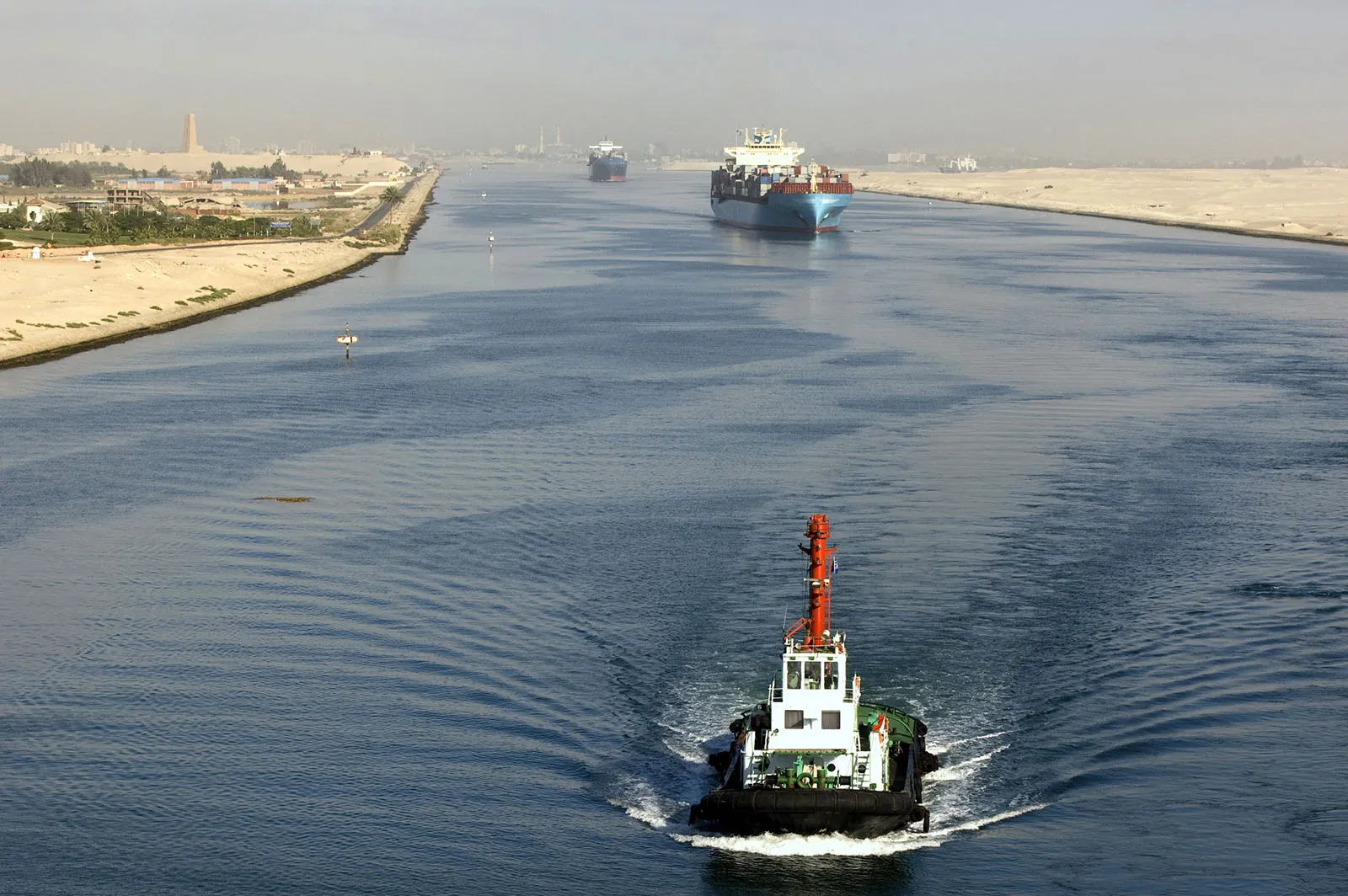Photographs of an Israeli vessel flying both Israeli and Egyptian flags during its transit on the Suez Canal on 2 November, have drawn sharp online criticism, exposing tensions between fulfilling international legal obligations and addressing widespread public sentiment in solidarity with Palestine.
Egypt, a Palestine supporter and key player in Gaza ceasefire discussions, condemned Israel’s seizure of the United Nations Relief and Works Agency for Palestine Refugees (UNRWA) headquarters in Jerusalem, describing it as a violation of international law and an impediment to humanitarian efforts.
Additionally, Egypt criticized Israel’s withdrawal from the 1967 agreement that permits UNRWA to operate within its borders, emphasizing the agency’s essential role in aiding Palestinian refugees on 5 November.
Most recently, on 12 November, Egypt denounced remarks by Israeli Finance Minister Bezalel Smotrich on plans to annex parts of the West Bank, warning that such actions undermine peace efforts and perpetuates regional conflict.
Egypt has also opposed the forced displacement of Palestinians, advocating for their right to remain on their land. These positions were underscored in discussions with U.S. officials on 30 August, where Egypt called for immediate efforts to ease the humanitarian crisis in Gaza.
Protests have further reflected the country’s solidarity with Palestine, with demonstrations taking place across university campuses, Such as at the American University in Cairo when students held a march in October, while students at Al Azhar University, Cairo University, Ain Shams University, the Academy of Arts, and others organized rallies in October 2023, condemning Israel’s actions in Gaza and expressing support for Palestinians.
Despite this steadfast support, Egypt’s compliance with the 1888 Constantinople Convention, which mandates free passage to all nations through the Suez Canal, has sparked domestic controversy.
The 1888 Constantinople Convention
Following reports on 3 November, of an Israeli warship’s passage through the canal, Egyptians protested, arguing that permitting Israeli vessels through the Suez Canal is tantamount to supporting actions against Palestinians in Gaza. This sentiment was echoed during a protest on 3 November, where demonstrators gathered on the steps of the Journalists Syndicate to voice their opposition.
The 1888 Constantinople Convention treaty mandates that the Suez Canal remain open to vessels from all nations in both peace and wartime, reinforcing its status as a neutral passage unaffected by the control of any single nation.
The convention was established during a period of colonial rule when Egypt was under British occupation.
This raises questions about its contemporary relevance in reflecting Egypt’s sovereignty and national interests, with signatories including European powers such as Britain and France, which heavily influenced Egypt’s governance at the time.
Today, the convention’s provisions continue to dictate Egypt’s obligations regarding the canal, yet it faces scrutiny as public sentiment grows increasingly critical.
Many Egyptians perceive the policy of allowing Israeli ships to pass through the canal as conflicting with the country’s vocal condemnation of Israeli actions in Gaza.
Public Sentiment and National Policy Considerations
Egypt’s commitment to the two-state solution and its role as a regional mediator complicate any potential changes to Suez Canal policies.
Historically, Egypt has asserted its authority over the canal during conflicts, such as the closure following the 1967 Arab-Israeli War. This closure, lasting until 1975, was driven by the canal’s transformation into a militarized zone and its strategic significance during the war, reflecting Egypt’s prioritization of national security and regional dynamics
With regional solidarity for Palestine and Lebanon reaching new heights, the Egyptian public’s response highlights the tension between long-standing policies and evolving national perspectives.
The outcry over the recent incident raises a pressing question: should Egypt continue upholding a colonial-era convention, or adapt its approach to better suit contemporary realities?







Comments (0)